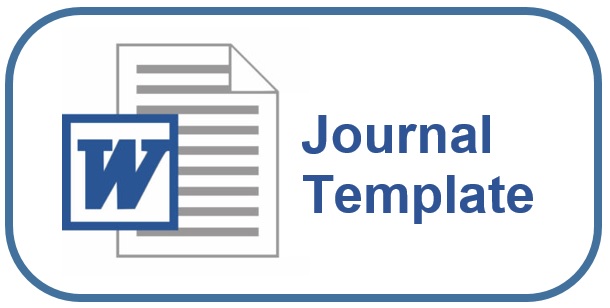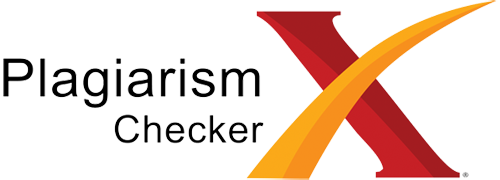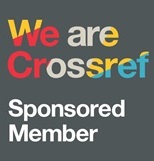PKM Edukasi Pemilahan Sampah untuk Anak TK Unyil Makassar dalam Mewujudkan Lingkungan Bersih Sejak Dini
DOI:
https://doi.org/10.36277/abdimasuniversal.v7i1.1942Keywords:
anorganic, education, organic, scrapbook, waste managementAbstract
The waste problem in Indonesia has become unavoidable due to the increase in population and daily community activities. In facing this challenge, early education plays an important role in forming positive mindsets and habits regarding waste management. This article presents a community engagement project aimed at educating young children about waste management. Implemented at Unyil Kindergarten, the program consists of interactive sessions and a scrapbook workshop. Results showed enthusiastic participation and understanding among children, highlighting the effectiveness of the interactive approach. Scrapbooking activities serve as a practical evaluation tool, demonstrating children's ability to apply knowledge. This initiative also creates opportunities for parents and teachers to get involved in the learning process, reinforcing concepts taught in the classroom, and extending its positive impact to the home environment and surrounding communities. With a fun and hands-on approach, children not only understand the importance of waste management but also feel motivated to take concrete action in their daily lives. Through collaboration between educational institutions and the community, this project provides a real example of how early education can be the key to forming future generations who care about the environment and have a high awareness of their responsibilities towards this earth.
Downloads
References
Adhanti, F. T. (2022). KEBIJAKAN PEMERINTAH DALAM PENGELOLAAN SAMPAH SISA MAKANAN DI KOTA TASIKMALAYA (Doctoral dissertation, Universitas Siliwangi).
Dobiki, J. (2018). Analisis Ketersedian Prasarana Persampahan di Pulau Kumo dan Pulau Kakara di Kabupaten Halmahera Utara. Spasial, 5(2), 220-228.
Fuadah, F., Hotmaida, L., Alvida, E., & Priskila, A. (2020). Penyuluhan Pemilahan Sampah Pada Siswa Taman Kanak-Kanak di Desa Babakan Ciparay Bandung. Jurnal PkM MIFTEK, 1(1), 47-50.
Hanani, A. K. PEMANFAATAN SAMPAH PLASTIK MENJADI BAHAN ALTERNATIF INHIBITOR KOROSI PADA LOGAM.
Haryanti, S., Gravitiani, E., & Wijaya, M. (2020). Studi penerapan bank sampah dalam upaya pengelolaan lingkungan hidup di kota Yogyakarta. Bioeksperimen: Jurnal Penelitian Biologi, 6(1), 60-68.
Priliantini, A., Krisyanti, K., & Situmeang, I. V. (2020). Pengaruh kampanye# PantangPlastik terhadap sikap ramah lingkungan (survei pada pengikut Instagram@ GreenpeaceID). Jurnal Komunika: Jurnal Komunikasi, Media dan Informatika, 9(1), 40-51.
Rimper, J. R. L., Warouw, V., Harikedua, S. D., & Mongi, E. L. (2023). Kegiatan Pemilahan Sampah untuk Usia Dini di TK. Anugerah. Techno Science Journal, 5(1), 1-6.
Rubiyannor, M., Abdi, C., & Mahyudin, R. P. (2016). 4. Kajian Bank Sampah Sebagai Alternatif Pengelolaan Sampah Domestik Di Kota Banjarbaru. Jukung (Jurnal Teknik Lingkungan), 2(1).
Setiawan, M. A., Syauqi, D., & Ichsan, M. H. H. (2022). Pengembangan Smart Trash sebagai Media Monitoring Lingkungan Hidup Larva Lalat Tentara Hitam (Hermetia Illucens) menggunakan Metode Gaussian Naive Bayes. Jurnal Pengembangan Teknologi Informasi dan Ilmu Komputer.
Supit, G. R., Maddusa, S. S., & Joseph, W. B. (2019). ANALISIS TIMBULAN SAMPAH DI KELURAHAN SINGKIL SATU KECAMATAN SINGKIL KOTA MANADO TAHUN 2019. KESMAS, 8(5), 51-58.
Suprapto, M. F., Kaunang, S. T., & Tulenan, V. (2021). Identifying the Mindset of Elementary School Children Using Learning Application: Kebersihan. Jurnal Teknik Elektro dan Komputer, 10(1), 53-60.
Suseno, E., Purba, K. R., & Intan, R. (2016). Media Pembelajaran Interaktif Pengelolaan Sampah Organik, Anorganik dan Bahan Beracun Berbahaya Berbasis Flash. Jurnal Infra, 4(1), 159-163.
Taufiq, A. (2015). Sosialisasi sampah organik dan non organik serta pelatihan kreasi sampah. AJIE (Asian Journal of Innovation and Entrepreneurship), 4(01), 68-73.





















